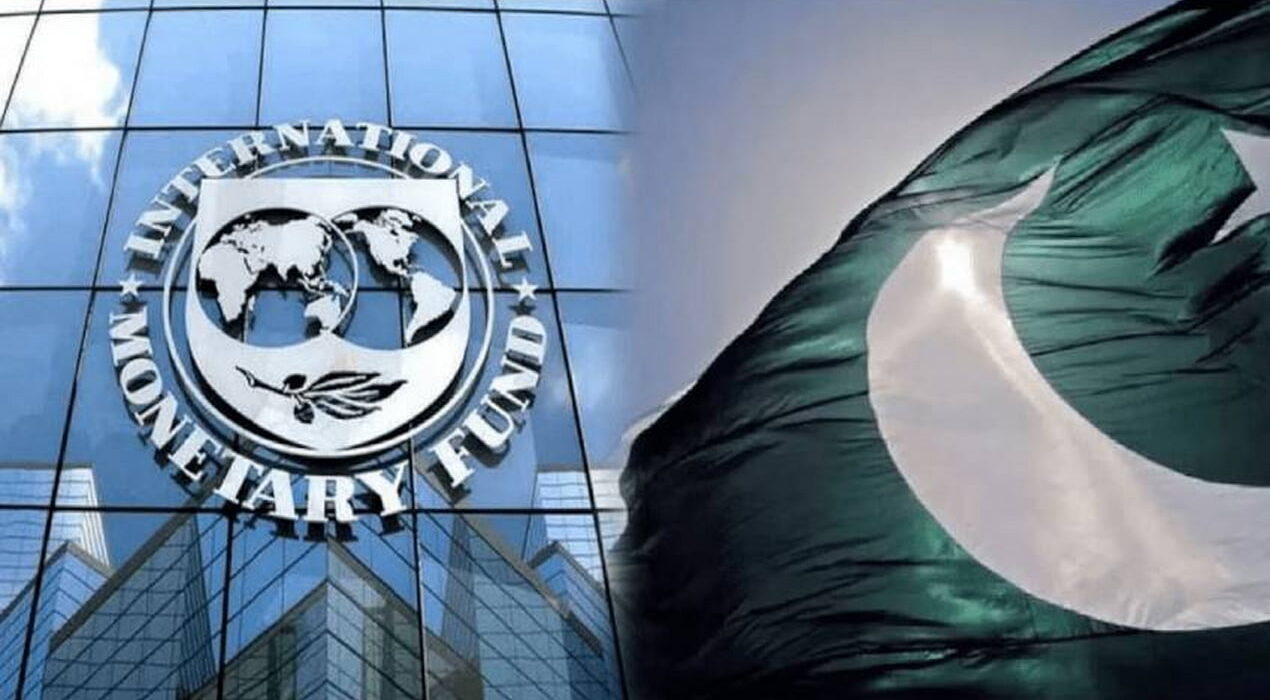The International Monetary Fund (IMF) pressed Pakistan to accelerate governance reforms. It insisted that IMF asset disclosure for government officers must take effect by December 2025.
Asset Disclosure and Accountability
The IMF mission directed Pakistan to publish the Governance and Corruption Diagnostic (GCD) Report on time. Officials noted that amendments to the Government Servants (Conduct) Rules 1964 are necessary. These changes will allow digital asset declarations and enable legal action against corrupt practices.
The Fund also demanded clarity on who will act against false declarations. Some officials proposed the Federal Board of Revenue (FBR), while others pushed for a separate watchdog. As a result, the FBR will now provide technical support to the Establishment Division.
The system will cover about 25,000 officers from grades 17 to 22. Those who submit false information will face penalties and investigations. However, powerful institutions like the State Bank and Nepra remain exempt from disclosure rules.
The IMF said greater asset transparency would strengthen accountability and close governance loopholes. Public pressure has long demanded checks on bureaucrats’ wealth, and this step may restore trust. Still, resistance from within the bureaucracy is likely.
Flood Relief and Economic Challenges
Pakistan also sought IMF approval for a Prime Minister’s Relief Package for flood-hit areas. The government plans to use emergency funds already allocated in the budget. The IMF, however, asked for a Damage and Needs Assessment before approving the package.
The mission also reviewed Pakistan’s economic outlook. It may cut the GDP growth target to 3.9% from 4.2% due to flood losses. Provinces reported severe damage, especially in agriculture and livestock.
At the same time, the IMF urged Pakistan to maintain fiscal discipline. The country must generate a 2.4% primary surplus this year to honor commitments. The GCD Report, which highlights weaknesses in tax and finance systems, is due by September 30, 2025.






